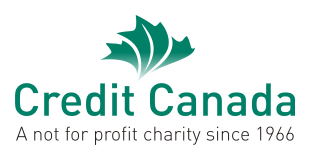A study conducted for Credit Education week in Canada found that while new Canadians are more likely to be victims of fraud, their knowledge of credit and saving skills is higher than the general population’s.
Roughly 20 per cent of new Canadians report being a victim of fraud, most of these women, which is 30 per cent higher than the national average.
The survey, conducted by Capital One and Credit Canada, also found that more than half of the Canadians polled who have lived in the country for less than a decade believe that it is harder for them to attain credit than it is for the general population. This demographic is also twice as likely to resort to payday advances or family loans.
Despite these findings, others of opposite indication also stand out. New Canadians tend to know more about improving their credit rating, invest in less risky investment options, and have a better understanding of the consequences of debt.
Old Canadians could probably stand to learn a lesson from their new neighbours. Canadians are currently building up more household debt than they ever have before. Accumulating high interest debt is virtually never a financially sound decision, regardless of how long you have been in Canada.
High interest credit, unfortunately, appears to be the only source of credit new Canadians can readily access. While 85 per cent of new Canadians have credit cards, less than 40 per cent have been approved for lines of credit.
Author David Chilton, a keynote speaker at the Credit Education event held in Toronto, recommended two items of advice for new and old Canadians alike:
- Pay yourself first
- Take debt only on an asset with a value that appreciates, and will retire before you do with service rates that won’t chew a hole through your savings
The report indicated that better resources on credit help, attaining credit and protecting oneself against fraud may need be provided to new entrants coming into the country, while long-term Canadians could stand a lesson in minimizing debt and maximizing savings.


